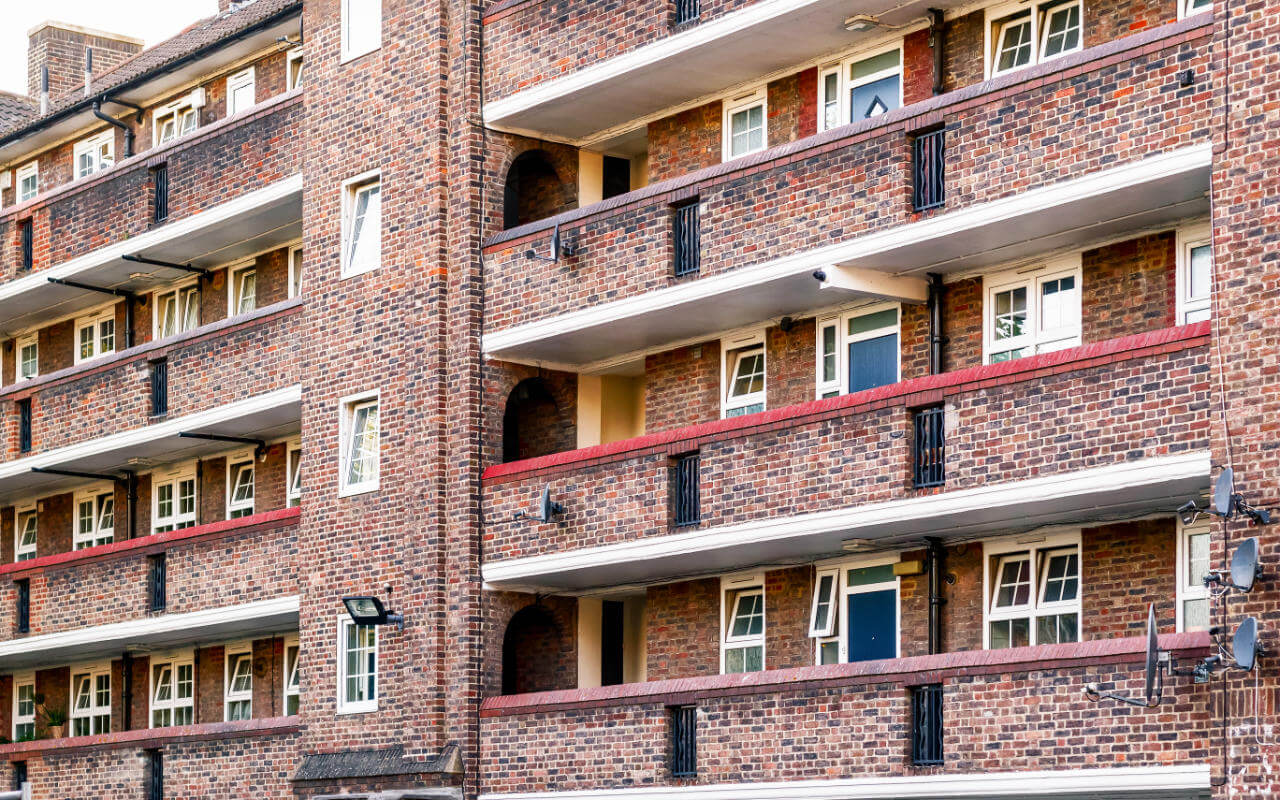The Renters (Reform Bill) was introduced as a result of the 2019 Conservative manifesto commitment to abolish “no fault” evictions. The Bill, which was presented to Parliament on 17 May 2023 for its first reading, has resulted in much debate. Following the second reading of the bill on 23 October 2023, many are now wondering if the changes will come into force.
The Renters’ Reform Bill 2023
The aim of the Bill was said to redress the balance between landlords and tenants by introducing a whole raft of changes to the residential property market. These changes included, amongst others –
- Abolishing Section 21 “no fault” evictions and making all tenancies periodic.
- Reforming the grounds for possession, for example the rent arrears and anti- social behaviour grounds.
- Introducing a new Ombudsman that all private landlords must join.
- Introducing a new Property Portal which would include a database of residential landlords and privately rented properties in England.
- Giving tenants the right to request a pet in their property, which the landlord could not unreasonably refuse.
One of the most controversial aspects of the proposed changes has been the intention to abolish Section 21 of the Housing Act 1988 (“HA 1988”) (as amended) completely.
What is a Section 21 Notice?
Section 21 of the HA 1988 allows landlords of Assured Shorthold Tenancies (“ASTs”) to serve a two months’ notice that they intend to terminate the tenancy, either at the end of a fixed term or during the periodic term, without having to provide a reason. Once the notice has expired, the landlord will issue possession proceedings and obtain a Court Order for Possession.
There has been opposition to the use of Section 21 of the HA 1988 for many years, principally lead by tenant organisations. They have argued that its use creates uncertainty for renters, who can have their tenancy terminated without any fault on their part.
Landlords, on the other hand, view Section 21 of the HA 1988 as a vital tool, as in practice, it is the swiftest method to recover possession in a system which is already very slow. They argue they should be free to recover possession of their property, at a time of their choosing, and if they had to show “fault” on the part of the tenant, they may not be able to do so.
Over recent years, increasing restrictions have been introduced which restrict landlords from using Section 21 unless they can show compliance. The restrictions range from failing to protect tenancy deposits to ensuring a “right to rent” booklet is served. Most agree that the restrictions have just resulted in a very confused situation, with many landlords unclear of what they are being required to do to regain possession.
Practitioners in the area have long been concerned that the removal of Section 21 of the HA 1988 without extensive reform to the Court will not work and will only increase delays, which were severely exacerbated by the Covid pandemic, when possession proceedings were suspended for 6 months.
Delay to the abolition of Section 21
On 20 October 2023, the Government published its response to the House of Commons Levelling Up, Housing and Communities Committee’s Reforming the Private Sector Fifth
Report of Session 2022-2023. The Committee had recommended the government introduce a specialised housing court as;
“the surest way of unblocking the housing court process. Whether it does this or not, it is
absolutely essential that the government significantly increases the courts’ ability to process possession claims quickly and effectively… In consultation with landlords, the government should also agree how quickly the courts need to be processing possession claims before landlords can have confidence in this system, and then commit to meeting this target before abolishing section 21”
In response, the government said they were working closely with the Ministry of Justice and HM Courts and Tribunal Service to drive forward improvements to the court possession process, to align with the reforms to the tenancy law. Importantly, the government response said that they would not proceed with the abolition of Section 21 until reforms to the justice system are in place.
Conclusion
Although during the second reading of the Bill, the Government said they were committed to the Bill proceeding, they have reiterated that the Courts must be fit for purpose before they move ahead with some of the reforms. Any reforms which modernise the courts are welcome, but it is unclear what the timescale will be going forward. For now, the demise of Section 21 notices does not appear imminent.



